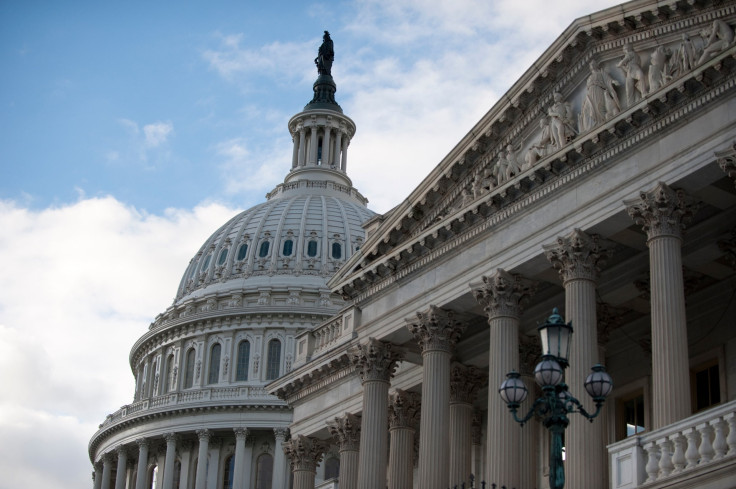Obama Expected To Sign FISA Amendments Acts Extending Warrantless Wiretapping Of Americans

President Obama is expected to sign a bill passed Friday by the Senate that extends for five years the federal government's authority to monitor citizens' communications without court-issued warrants.
Though the Senate renewed the FISA Amendments Act, which had been passed by the House of Representatives in September, by a wide margin, 73-23, the floor debate produced intense opposition.
Known as the Foreign Intelligence Surveillance Act, it permits the National Security Agency and other U.S. intelligence agencies to wiretap Americans' communications with foreign intelligence targets overseas.
Sen. Ron Wyden, D-Ore., failed to get enough votes to pass an amendment to the bill that would have required the director of national intelligence to report whether the government has conducted any warrantless searches and to provide information about the number and types of intercepted communications that involved American citizens.
Likewise, Sen. Jeff Merkley, D-Ore., unsuccessfully tried to have the bill amended so that it would declassify significant legal opinions by the secret Foreign Intelligence Surveillance Court. Merkley said the court interprets the FISA law, and its definitions of key terms shape the scope and nature of surveillance, and has issued opinions that raise the question of whether the surveillance authority “is a gateway that is thrown wide open to any level of spying on Americans."
Civil libertarians have warned that part of the danger from the law is its vagueness. The law only permits wiretapping of conversations focusing on “foreign intelligence information” to be monitored. But that phrase is so vague that it could encapsulate data that does not directly deal with terrorism or even national security, said Trevor Timm, an activist and blogger with the nonprofit Electronic Frontier Foundation, or EFF.
“You could be talking about politics with your uncle in Russia or Israel and fall under the definition, for example,” Timm said.
The American Civil Liberties Union, or ACLU, claims that, every day the NSA intercepts and stores about 1.7 billion emails, phone calls and text messages.
Enacted in 1978, the original law, designed to protect Americans against such government surveillance, was known as the Foreign Intelligence Surveillance Act, or FISA. The legislation grew out of revelations that the Nixon administration had used federal resources to spy on activists and perceived internal enemies.
FISA was amended in 2008 by Congress to retroactively legalize the Bush administration’s warrantless wiretapping program that he initiated in the months after 9/11.
The FISA Amendments Act passed with the support of then-Sen. Barack Obama, D-Ill., who later promised to reform the program as president. Those reforms, however, have yet to be made.
© Copyright IBTimes 2024. All rights reserved.





















